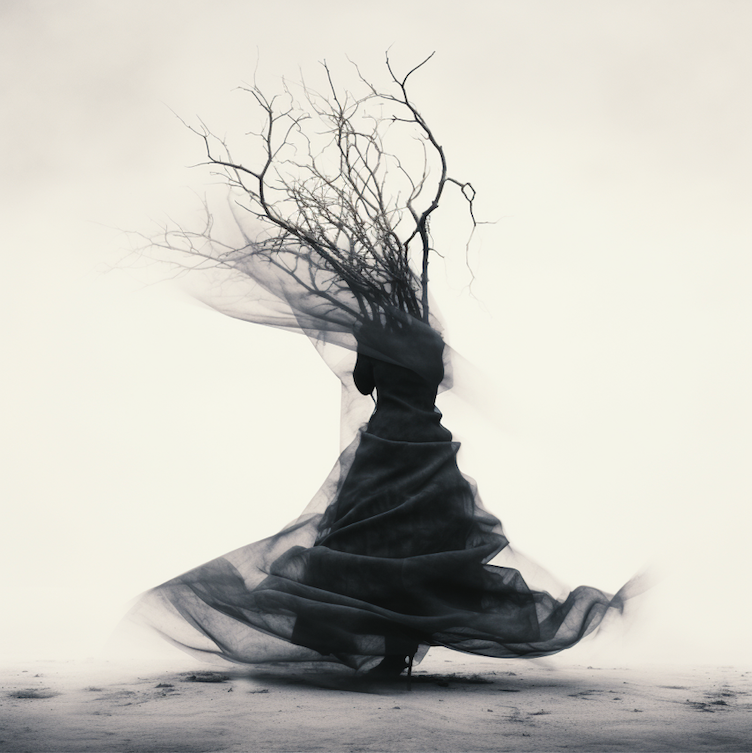Feature: BC Smith Decodes “Ashes”
How does "Ashes" reflect your musical journey and growth as an artist?
As a composer for film, television, and media, I've loved the opportunity to score people's stories. After 45-plus films and hundreds of other projects, the pandemic ignited a creative shift within me, inspiring a desire to also explore and share my own narratives through music and sound experimentation. "Ashes" marks the first composition stemming from this evolution. Essentially it’s the first solo piece of music I’ve composed and released that was not for a hired project.
What did you enjoy most about making "Ashes?"
“Ashes” was an exploration of rhythms, colors and shapes The guitar motif was subdivided and recorded as fragments. I like the human imperfection as the bits align and recede forming the pattern. I enjoy minimalism, but also love complex harmonies and the beauty and instability of working with intervallic relations and color tones. Structurally it’s a tone poem and the form is simply the story I wanted to tell. It is the sound of things coming together and falling apart. It’s letting go. It’s the shaky ground giving way to falling or flight and finding beauty and hope in the unknown. I quite enjoyed letting the composition become what it wanted to be, rather than adhere to a conventional music structure or form.
How does "Ashes" fit into your overall artistic vision?
“Ashes” and other music I will be releasing this year reflect my continuing evolution as a composer. It’s my process of discovery and my own personal music rebellion.
What has been the most memorable experience or achievement in your music career so far?
The movie Smoke Signals was recently entered into the Library of Congress, National Film Registry. I’m so honored to have been a part of that lovely film.
Do you have a personal favorite among your compositions? What makes this piece special to you?
Around 13 years ago, I put Forgive Our Fathers from Smoke Signals on YouTube and forgot about it. Ten years later I discovered it had turned into a confession wall of people sharing cryptic and fragmented thoughts of their own fathers. It was a lovely reminder that the meaning and connection people sometimes find in the work transcends the work itself. - But regarding a personal favorite composition; I haven’t found it yet. I’m still exploring.
